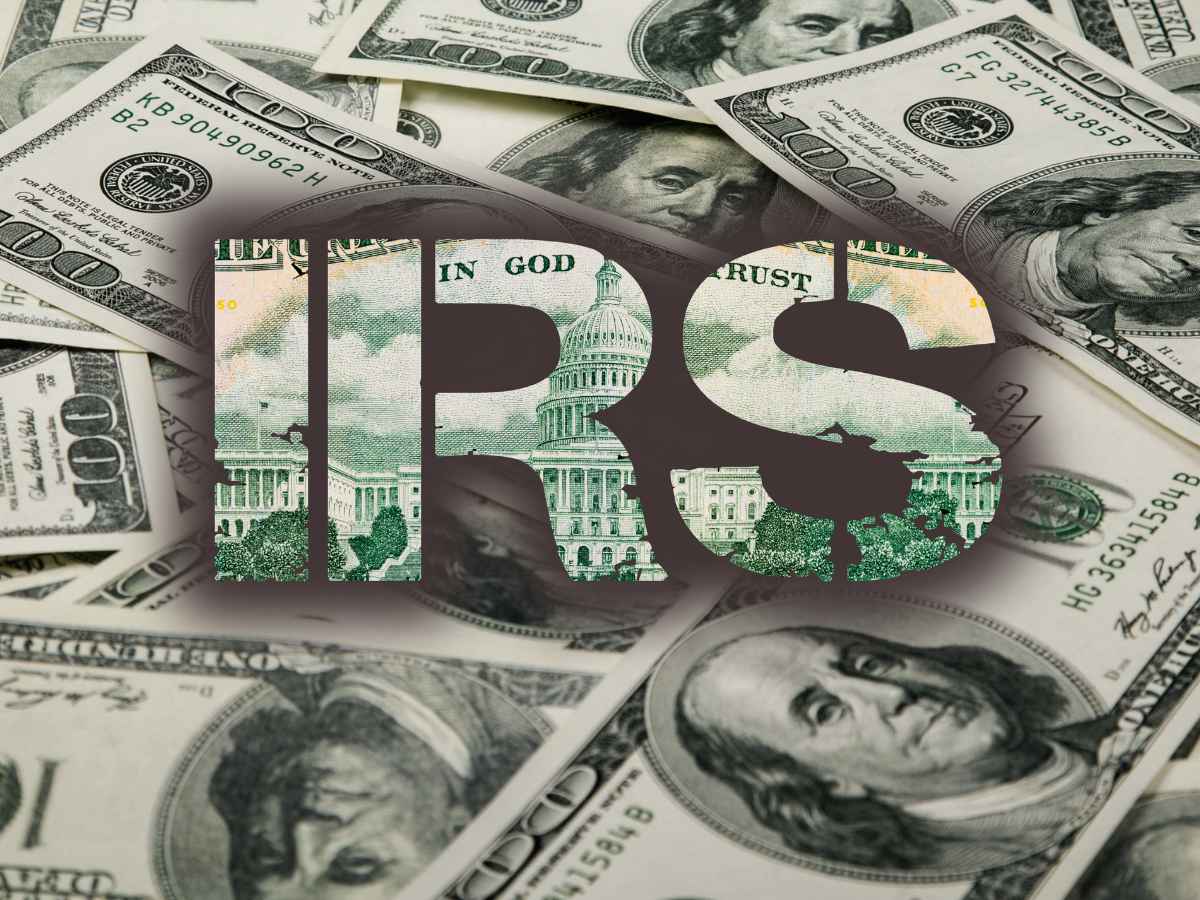The tax agency highlights the urgency of responding to notices immediately.
The Internal Revenue Service (IRS) has announced that anyone who fails to comply with certain tax obligations will be subject to an automatic penalty. This move underscores the agency’s commitment to holding taxpayers accountable, especially those who ignore payment notices or miss key deadlines.
Many individuals are unaware that the penalty can become a serious legal claim against their property—past, present, and future. Think about it: who wants to risk their home, vehicle, or even their bank account over a delayed tax payment?
In an official publication, the IRS explained that once a payment is missed after the first bill, an automatic lien may be placed. This action is designed to recover the debt by targeting any assets tied to the individual’s name.
Here is why ignoring your first IRS payment notice can lead to serious consequences
When taxpayers receive a Federal Tax Lien Notice, they are urged to pay the full amount immediately. The document outlines the assessed balance, but it does not include additional fees for filing and releasing the lien. Failing to clear the debt or contact the IRS in a timely fashion can trigger a seizure, which legally grants the authorities power to take over a person’s property.
Wondering what happens if your actual balance is different from what appears on the notice? You must call the phone number listed in the letter to get the latest amount due. After all, no one wants to be caught off guard by extra fees. Below is a simple table summarizing what you need to know about the Federal Tax Lien Notice:
| Key Detail | What It Means |
|---|---|
| Assessed Balance | The amount owed as of the notice date |
| Missing Fees | Does not show filing and release charges |
| Immediate Action Required | You must contact the IRS or risk a property seizure |
| Possible Consequences | Wage garnishments, bank levies, and liens on vehicles or real estate |
This notice may feel overwhelming, but prompt communication with the IRS can prevent things from escalating.
These crucial steps help taxpayers manage a Federal Tax Lien Notice effectively
- Verify the amount due: Contact the IRS to confirm how much you owe, including additional fees.
- Arrange payment or negotiate: Pay in full if possible, or explore payment plan options.
- Keep official records: Save all documentation, including receipts and letters.
- Monitor your account: Even after resolving the issue, stay updated to avoid future penalties.
Once the lien is released, it means the government has filed a Certificate of Release of Federal Tax Lien. This can occur when you pay the debt, secure a bond, fulfill the terms of an accepted Offer in Compromise, or when the collection period ends.
In essence, staying proactive and informed is the best strategy. Ignoring a notice only increases the chance of losing assets or facing further legal action. If you have outstanding tax obligations, consider contacting the IRS today to discuss your situation and avoid additional headaches.

